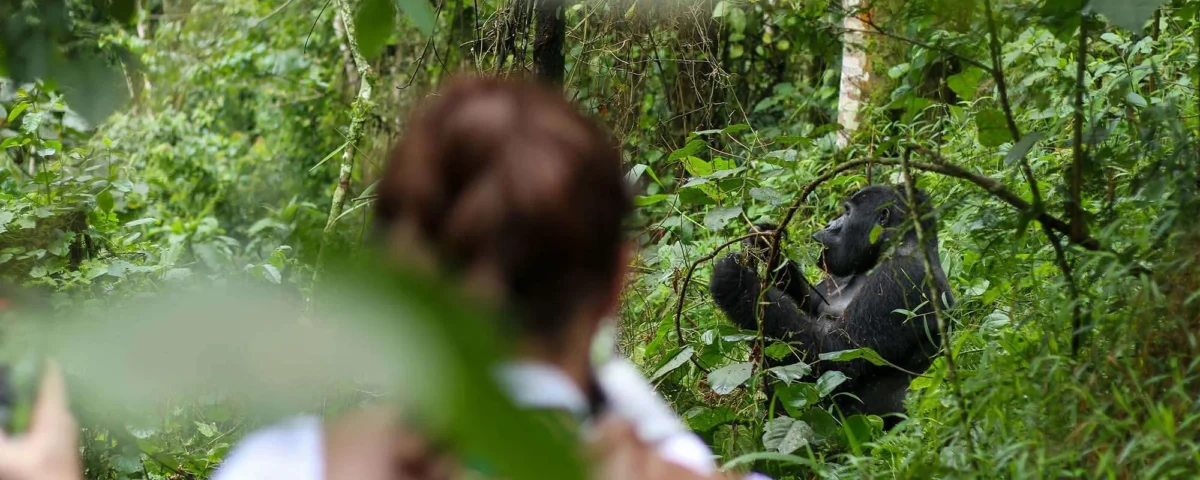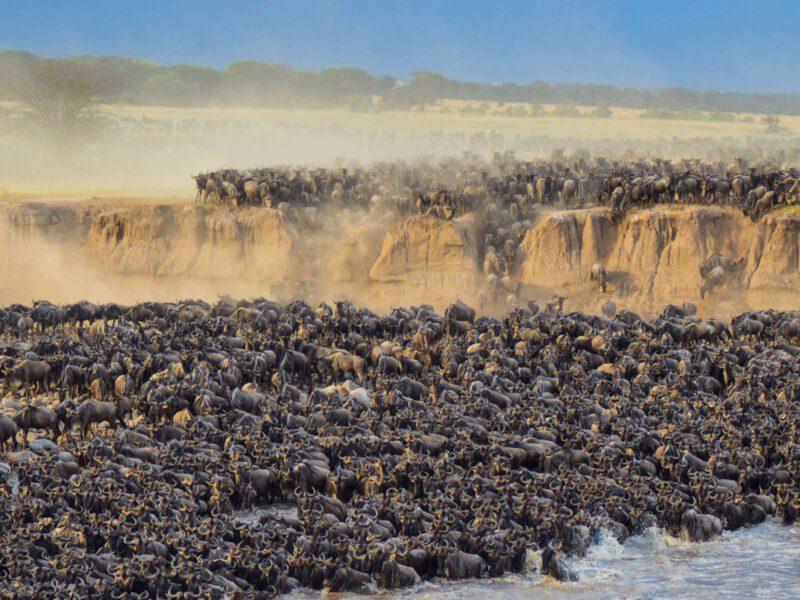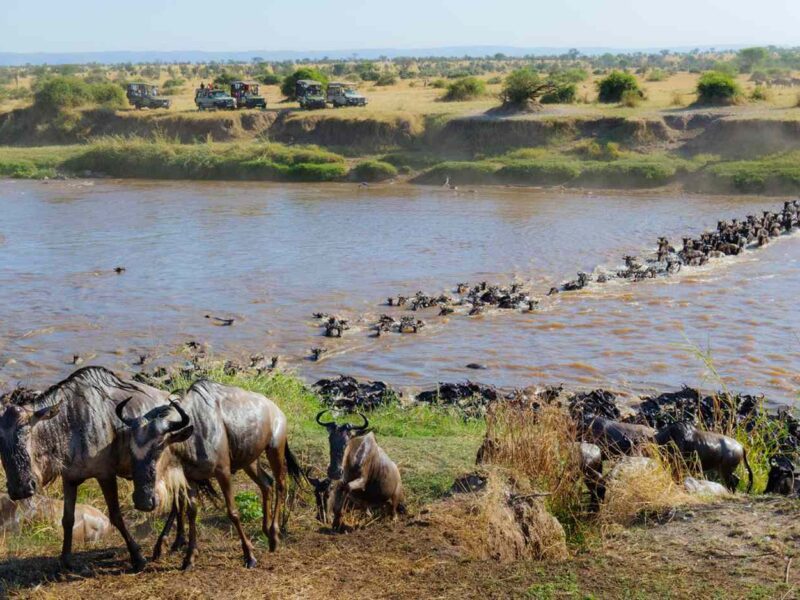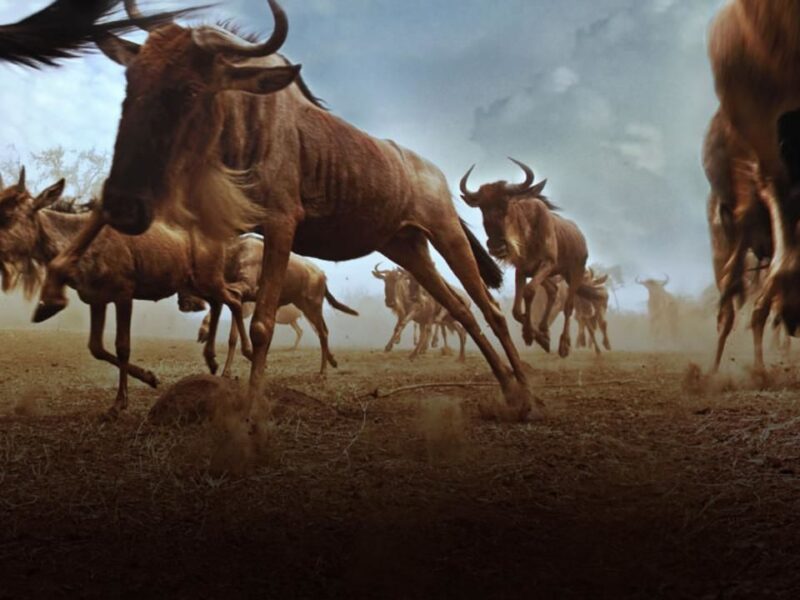
What Is the Cheapest Way to See Gorillas?
April 29, 2025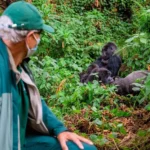
How Long Do You Need for Gorilla Trekking?
May 2, 2025Is Gorilla Trekking in Rwanda Ethical?
Gorilla trekking in Rwanda has grown into one of Africa’s most iconic wildlife experiences, offering travelers the rare chance to encounter endangered mountain gorillas in their natural habitat. These unforgettable treks take place in Volcanoes National Park, a biodiverse sanctuary in the Virunga Mountains, home to over one-third of the world’s remaining mountain gorilla population. While the emotional reward of observing gorillas up close is undeniable, so too are the ethical questions surrounding this activity. At Ovacado Adventures Ltd, we recognize the importance of ethical travel, and we aim to help you understand whether gorilla trekking in Rwanda truly respects wildlife, supports local communities, and promotes long-term sustainability.
The ethical considerations of gorilla trekking include the potential impacts on gorillas’ behavior and health, the distribution of tourism income, and the role of the surrounding communities. However, it is important to highlight that Rwanda has developed a globally respected conservation framework. With strict guidelines, limited visitor numbers, and significant investments in community support, Rwanda’s gorilla trekking is widely seen as an ethical model for conservation tourism. Still, travelers must stay informed, respectful, and responsible in their actions. This writeup explores the ethical framework behind gorilla trekking in Rwanda, the challenges involved, the success stories, and how cultural experiences can complement the trek in a responsible way.
A Conservation Model Built on Protection and Regulation
One of the strongest arguments in favor of the ethical nature of gorilla trekking in Rwanda is the extensive conservation infrastructure designed to safeguard gorilla populations. The mountain gorillas in Rwanda were once on the brink of extinction due to habitat loss and poaching. Thanks to concerted efforts by the Rwanda Development Board (RDB) and international conservation organizations, the population has shown a steady recovery.
Gorilla trekking is tightly controlled to ensure minimal disruption to the animals. Each habituated gorilla group is visited by only one group of eight tourists per day, and the encounter lasts no more than one hour. Visitors are required to maintain a 7-meter distance, wear masks, and follow hygiene guidelines to reduce the risk of disease transmission. These policies are not just regulations—they are non-negotiable rules that prioritize the well-being of the gorillas above all else.
The $1,500 trekking permit may seem high, but it’s justified by its impact. A large portion of this fee funds anti-poaching patrols, research, veterinary care, and park infrastructure. Importantly, the system also minimizes over-tourism. Rwanda has chosen quality over quantity, ensuring fewer tourists have a more meaningful, low-impact experience. At Ovacado Adventures Ltd, we emphasize education before each trek. Our clients are briefed on gorilla behavior, health safety, and conservation ethics—empowering them to become part of a responsible tourism movement.
Empowering Communities: Ethical Travel Through Local Inclusion
Another critical pillar of ethical gorilla trekking in Rwanda is community involvement. No conservation effort can succeed without the support of the people who live alongside wildlife. Rwanda’s gorilla tourism model integrates local communities in ways that directly benefit their livelihoods and strengthen their connection to conservation efforts. Through the country’s Revenue Sharing Program, 10% of gorilla permit revenue is reinvested into local development projects.
These funds have supported the construction of schools, healthcare facilities, water systems, and infrastructure improvements in the villages surrounding Volcanoes National Park. Beyond infrastructure, gorilla trekking has created job opportunities for hundreds of Rwandans—as rangers, porters, guides, hospitality workers, and artisans. Local people now see the gorillas not as threats to their land or crops, but as valuable allies in their economic future.
At Ovacado Adventures Ltd, we partner with locally-owned lodges, community cooperatives, and regional guides to ensure that tourism benefits the people closest to the gorillas. By choosing community-rooted tourism, visitors directly support the economy, reduce rural poverty, and encourage sustainable development. This level of inclusion helps build a conservation culture that extends far beyond the borders of the national park. It is proof that gorilla trekking can be ethical when tourism is shared fairly and managed thoughtfully.
Ethical Dilemmas and Questions That Still Matter
While Rwanda’s conservation and community-based tourism efforts are widely admired, it’s essential to acknowledge the challenges and ongoing ethical concerns. One concern relates to the habituation process, where wild gorillas are gradually accustomed to human presence to enable trekking. This process, while necessary for safe interaction, may cause behavioral changes in gorillas. Some conservationists fear that excessive habituation could reduce gorillas’ natural wariness of humans, leaving them more vulnerable to poaching or disease.
Another concern is the psychological and physical toll of repeated daily visits—even in controlled numbers. Stress from human presence, camera flashes, or rule-breaking behavior by tourists can disturb the animals. To mitigate this, Rwanda continuously trains its guides and enforces regulations strictly. Still, traveler responsibility is key. Visitors must respect every rule and listen carefully to the instructions provided by guides and park authorities.
Finally, the price of trekking permits, while supporting conservation, limits access for many travelers. This raises questions about inclusivity and the balance between exclusivity and public awareness. At Ovacado Adventures Ltd, we address this by offering affordable package options, such as combining gorilla trekking with cultural tours or nature walks to make the trip both cost-effective and impactful. In doing so, we help more travelers become conservation advocates while maintaining the integrity of the experience.
Enhance Your Trek: A Cultural Experience in Volcanoes National Park
To deepen your understanding of Rwanda’s heritage and enhance your trekking experience, Ovacado Adventures Ltd recommends visiting the Iby’Iwacu Cultural Village, a community-based tourism project located near Volcanoes National Park. This village, also known as the Gorilla Guardians Village, offers a hands-on cultural immersion where travelers can engage with local customs, traditional dance, music, storytelling, and even ancient hunting techniques.
The village is operated by former poachers who have transformed into conservation ambassadors. Through storytelling and performance, they educate visitors on Rwanda’s rich history, the value of gorilla protection, and the transformative power of tourism. You’ll have the chance to try your hand at traditional drumming, learn banana beer brewing, or take part in a mock king’s coronation ceremony.
This cultural add-on not only makes your trip more memorable but also aligns perfectly with ethical tourism principles. By supporting cultural experiences, visitors generate income for local residents, preserve Rwandan traditions, and promote a deeper connection between conservation and culture. It’s an enriching way to explore Rwanda beyond the forests, and an experience that reflects the broader goal of responsible travel.
Final Verdict: Is Gorilla Trekking in Rwanda Truly Ethical?
Yes, gorilla trekking in Rwanda is ethical—provided it is done through responsible operators, respectful visitor behavior, and adherence to conservation-focused policies. Rwanda’s model demonstrates that wildlife tourism can protect endangered species, empower communities, and educate travelers. However, ethical tourism is not automatic; it must be intentional. Visitors have a role to play in ensuring that their presence does more good than harm.
At Ovacado Adventures Ltd, we are committed to creating travel experiences that are sustainable, respectful, and culturally enriching. When you choose to trek with us, you’re supporting not only the mountain gorillas but also the communities that surround and protect them. We believe that true adventure should leave a positive footprint—on nature, on people, and on your own understanding of the world.


